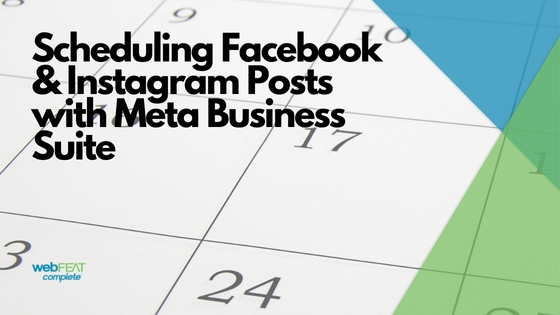With the world becoming more and more digital, passwords are central to keeping your identity and your assets safe and secure. If your password is easy to guess, you are a prime target for hackers. Whether you rely on it for your business, banking, or just everyday personal use, the internet is becoming a mega data field that contains everything about your life. What is standing in the way of you and your personal information? A password of course. This is why you shouldn’t be nonchalant about creating these passwords for all of your accounts. Hackers are very crafty and can easily guess passwords whether it be through brute force, or phishing scams. But the trick to creating passwords is having a strong one and also being able to remember it. Here are a few tips to get you started and to help make all of your accounts more secure.
Most Common Passwords
First and foremost, here are the passwords you absolutely should NOT be using. If you are using any of these passwords for any of your accounts stop reading this right now and go change them. These are the most commonly used passwords on the internet from 2015.
Even if you aren’t a professional hacker you could probably guess any of these passwords within a few tries. Please, PLEASE don’t use these passwords. We beg of you!
Use Different Passwords Everywhere
Why you ask? Simple. If someone happens to guess your password for one of your accounts, they then have access to all of your other accounts. By having different passwords for all of your accounts you can limit the damage to a single account. Unfortunately, a BitDefender study showed that 75% of people use the same password for their Facebook and email accounts. So, if that also happens to be your PayPal, banking, or Amazon password you’ll be in some serious trouble.
If you want to keep your passwords somewhat similar, you can mix them up. For example: in one place, your password is “P3t3r & MarY!”. In another place, it could be pet3 and M4RY.”
Change Passwords Often
We’re sure your parents told you to change your underwear often. The same can be said about passwords. It’s recommended to change them every few months just in case some prying eyes happen to stumble on our current passwords. Again, limit the damage by changing them often. Also, this goes without saying, don’t write your passwords down. That means get rid of those sticky notes hanging out on your computer monitor.
How To Create A Strong Password
There are many ideas on what constitutes a strong password but there are a few that are an absolute must when it comes to thinking up a strong password.
- Use AT LEAST 8 characters. Ideally, you should use even more than that. It goes without saying, the longer the passwords the more letter combinations a person will need to use to hack it.
- Use a combination of uppercase and lowercase letters. Most websites are case-sensitive. This means you are required to get the capitalization correct for a password to be accepted. Again, another barrier a hacker would need to pass in order to gain access.
- Insert number and special characters – Adding both numbers and special characters makes it harder to guess a password. You can even use numbers in place of letters. For example, using a “1” in place of an “i” or a “5” in place of an “s”. This is good form because this negates machines that run through the entire dictionary trying to match your password to a real word. The same can be said about special characters. Use “!”, “@”, “#”, “$”, and other special characters to boost password strength.
- Don’t use words or phrases that could be associated with you. For example, last names, children’s names, addresses, or other easily accessible information. It’s best to use random words or phrases. One trick is to think up a random phrase like “The fat cat wanted to eat but has no home!” and then use the letter to come up with a password. Which would translate to “Tfcw2ebhnh!”. It is at least 8 characters long, has capital and lowercase letters as well as numbers and special characters.
- Don’t use sequential patterns or predictable, complete words like 12345 or “password”
Test Your Password
Once you think you’ve come up with a good password make sure and test it out to see how secure it is. Visit https://www.safetydetectives.com/password-meter/ and/or www.howsecureismypassword.net and enter your password. It will tell you what things need to be added (length, special characters, numbers, etc.) and how long it would take a computer to hack it.
Another great resource: The worst passwords used in 2016
Also, keep your recovery options up-to-date, in case you forget your password or lose access. As accounts get more secure, recovery will become more difficult.
It is more important than ever to have strong passwords protecting us from prying eyes. Make sure you have a strong password set to keep malicious individuals out of your accounts. Take these recommendations and head off to create strong, reliable passwords so that you don’t have to clean up the pieces later after an intruder wreaks havoc on your private information.
Don’t forget
Check out more options for maintaining security on your website through our variety of hosting capabilities:
“”





